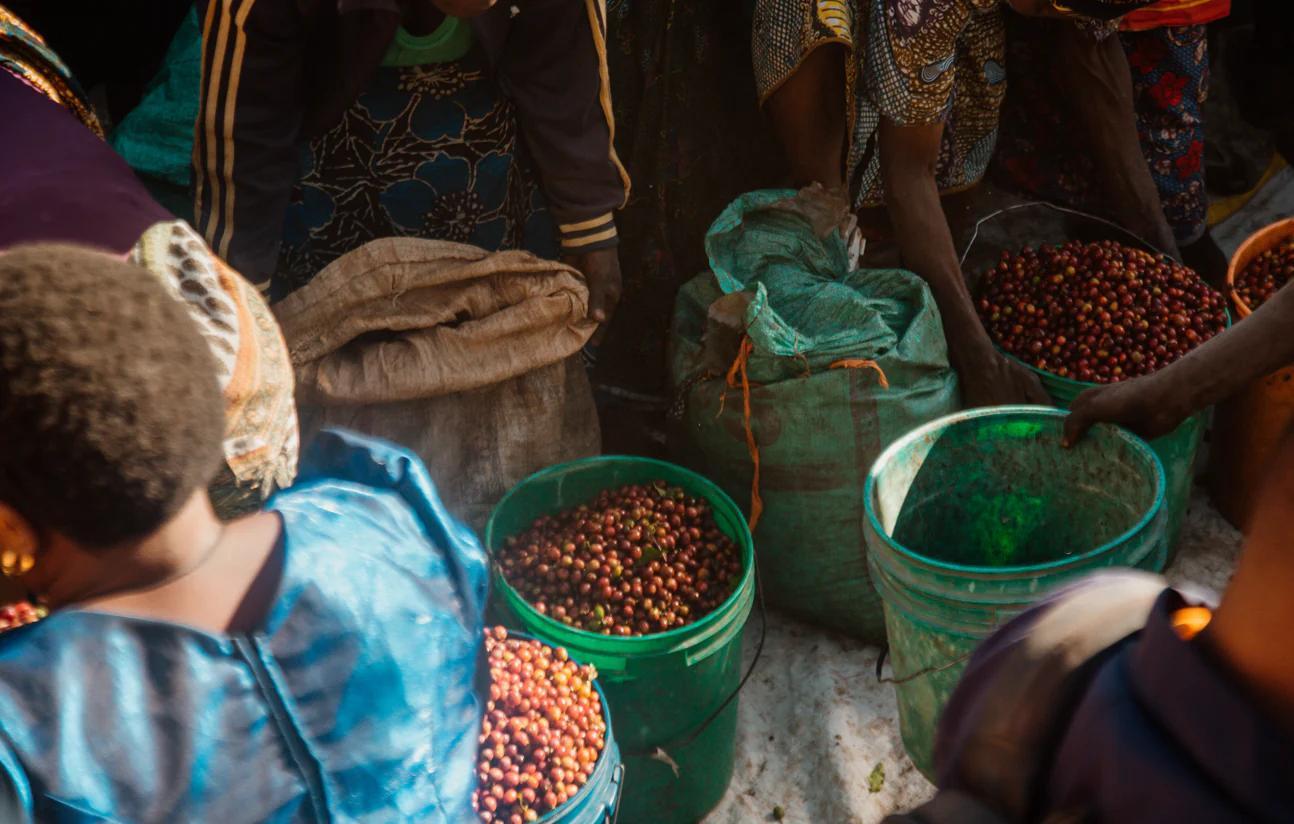Africa-Press – Eswatini. The country has launched a Coffee Association in a bid to gain from the economic benefits that come with coffee production.
According to the most recent statistics, the country exported us$30 000 (equivalent to E554 275.50) in coffee, making it the 147th largest exporter of coffee in the world.
The ministry of agriculture will use coffee production as one of the key methods for greening the land in the implementation the Great Green Wall Initiative (GGWI) National Action Plan.
erosion
Speaking during the Great Green Wall National Action Plan Awareness launch held at The George Hotel last week, Ministry of Agriculture Principal Secretary, Sydney Simelane, highlighted that coffee plantations played a significant role in carbon sequestration and minimising soil erosion.
“In addition, there are significant economic benefits that are derived from coffee production,” he said.
He cited that the implementation of the GGWI-NAP required a total budget of us$37m (equivalent to E683 606 450) in a seven year period up to 2030 to implement.
“This translates to about us$5.3m (E441 722 670) annually. The direct and indirect beneffits will cover about one million people of Eswatini,” he said. The PS elucidated that the GGWI mainly comprised a set of integrated actions addressing the multi-sectoral problems affecting the lives of people.
“These multi-sectoral and multi-dimensional actions tranversely address a wide range of concerns, including drought management, natural resource management, sustainability of rural production systems (agriculture, livestock, forestry, etc), and the development of rural production and trade infrastructures, diversifying economic activities and wealth creation; considering gender and youth issues in development,” said Simelane.
sustainable
He further said the country was among the few countries within SADC that has successfully developed the GGWI National Action Plan.
“The main aim of the national action plan is to promote sustainable land management approaches that retain ecological integrity, provides a range of ecosystem goods and services to drive economic growth and support sustainable development in Eswatini,” he said.
Simelane highlighted that SADC had adopted the Great Green Wall Initiative from West Africa and had developed a SADC Great Green Wall Strategy with the ambition to restore 100 million hectares of currently degraded land; sequester 250 million tonnes of carbon and create 10 million green jobs by 2030,” said Simelane.
He cited that the initiative would assist communities living in the degraded rural communities of the region to grow coffee on fertile land.
Simelane highlighted that there were vast economic opportunities for the country’s youngest population and food security for the thousands who go hungry every day. He added that this would further enhance climate resilience in the region where temperatures are rising faster than anywhere else on earth. Simelane further appreciated the work done by the association in the country.
“We encourage development partners to support the coffee association to expand its work,” he said.
Some of the earliest traces of coffee farming in the country can be found in the Hhohho region. “Through the development of the coffee industry in the country, proponents are aiming to support and spread a coffee-drinking culture around the country which will in turn also bolster more interest in the sector and attract more workers.
The country’s coffee industry consists mainly of smallholder farms therefore annual production is reportedly difficult to trace.”
For More News And Analysis About Eswatini Follow Africa-Press







